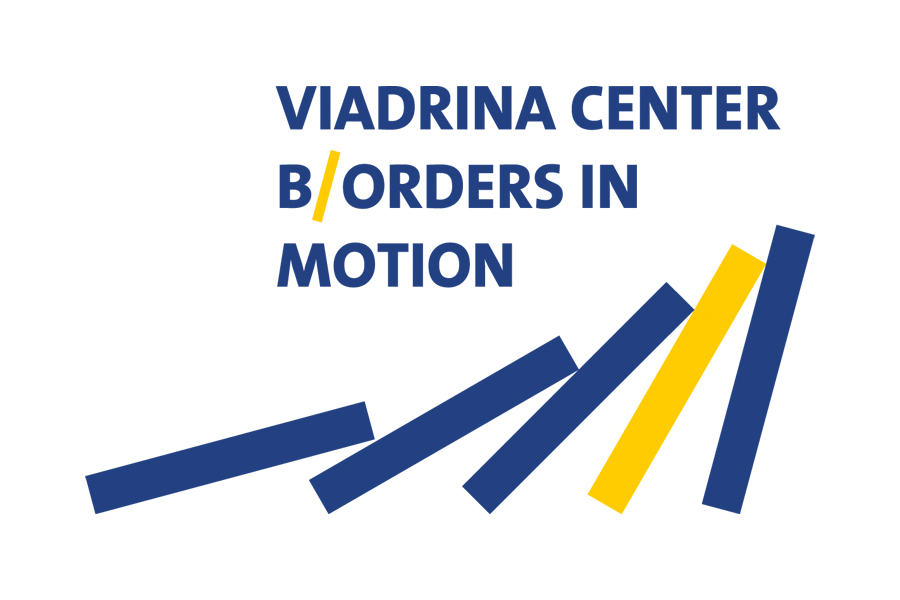The development of socio-economic thinking in the GDR in comparison to Poland and Czechoslovakia 1945-1990. Subproject 4 (Mod-Block-GDR)
details
Project lead:
-
Prof. Dr Dagmara Jajeśniak-Quast (Director of the Viadrina Center of Polish and Ukrainian Studies, European University Viadrina)
Project collaborators:
- Prof. Dr Anna Schwarz (Emerita, European University Viadrina)
- Prof. em. Dr Hans-Jürgen Wagener (European University Viadrina)
- Prof. Dr Till Düppe (Université du Québec à Montréal)
- Prof. Dr Dr h.c. Knut Richter (St. Petersburg State University)
- Prof. Dr. Udo Ludwig (IWH Halle, Universität Leipzig)
- Prof. Dr. Maciej Stefan Tymiński (Universität Warschau)
- Prof. Dr. Dr. Piotr Koryś (Universität Warschau)
- Konrad Walerski (EUV Frankfurt (Oder)
Funding:
Federal Ministry of Education and Research (BMBF)
Project duration:
2018-2025
Project description
Socialist planned economies require precise knowledge of the underlying economic relationships and the corresponding empirical data even more than market economies subject to spontaneous processes. To what extent did socialist economics live up to this claim? This question also concerns – especially in the GDR strongly öeconomically focussed – sociology and its sub-disciplines.
Although the GDR and the PR Poland practised the same Soviet-style economic system, the prehistory, current political and economic development as well as the intellectual atmosphere showed considerable differences (Tatur 1999). The added value of a German-Polish comparison is to distinguish system characteristics from country-specific characteristics of the scientific system, especially in the development of economics and sociology, and to relate them to real social conditions, as well as to better understand the differences in the transition to a market economy.
The research group „European Challenges: Technological Change and Re-Arrangements of Migration and Labour“, which was funded by the Viadrina Center B/ORDERS IN MOTION with Seed Money, was involved in the acquisition of this third-party funded project.
